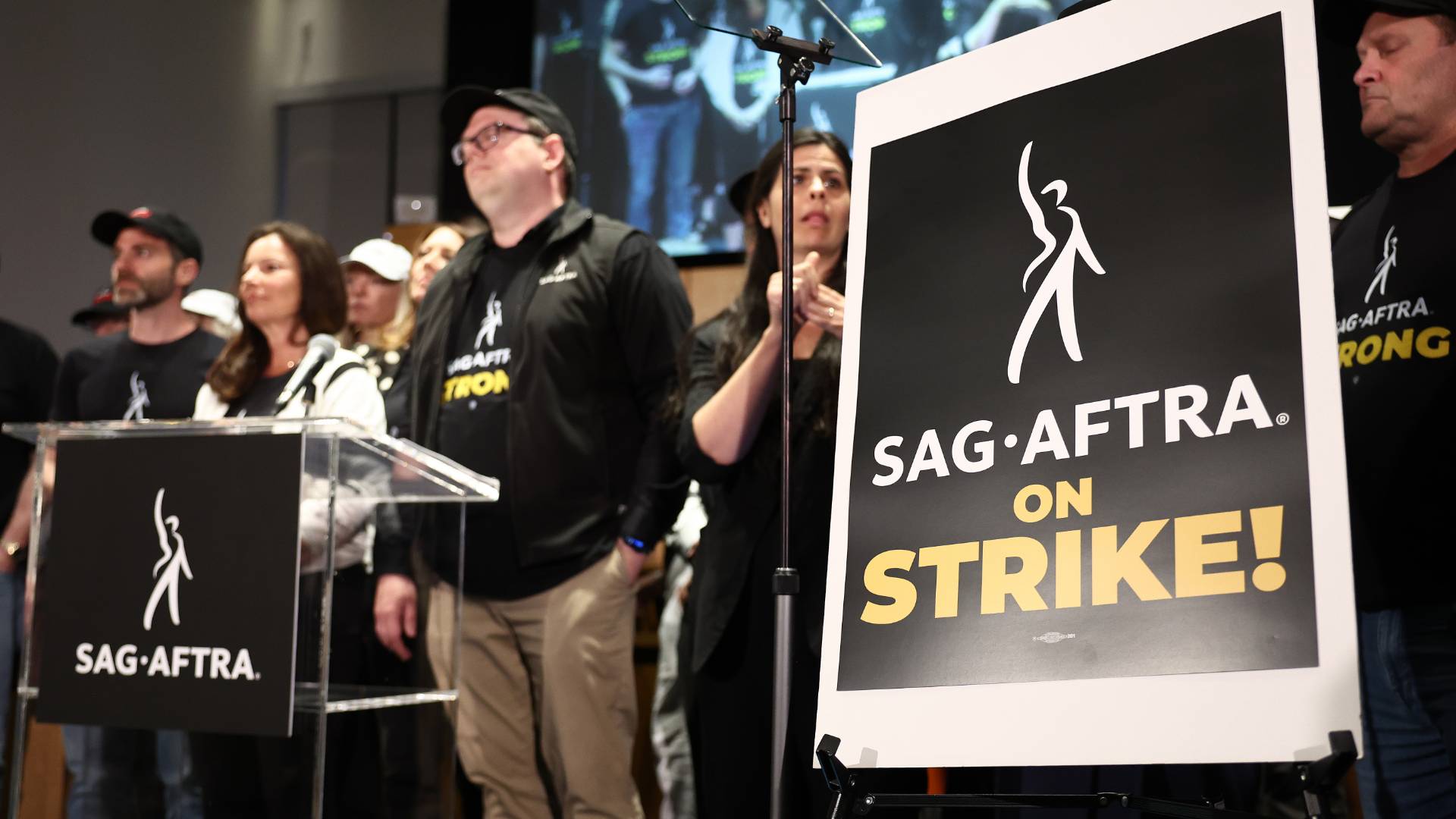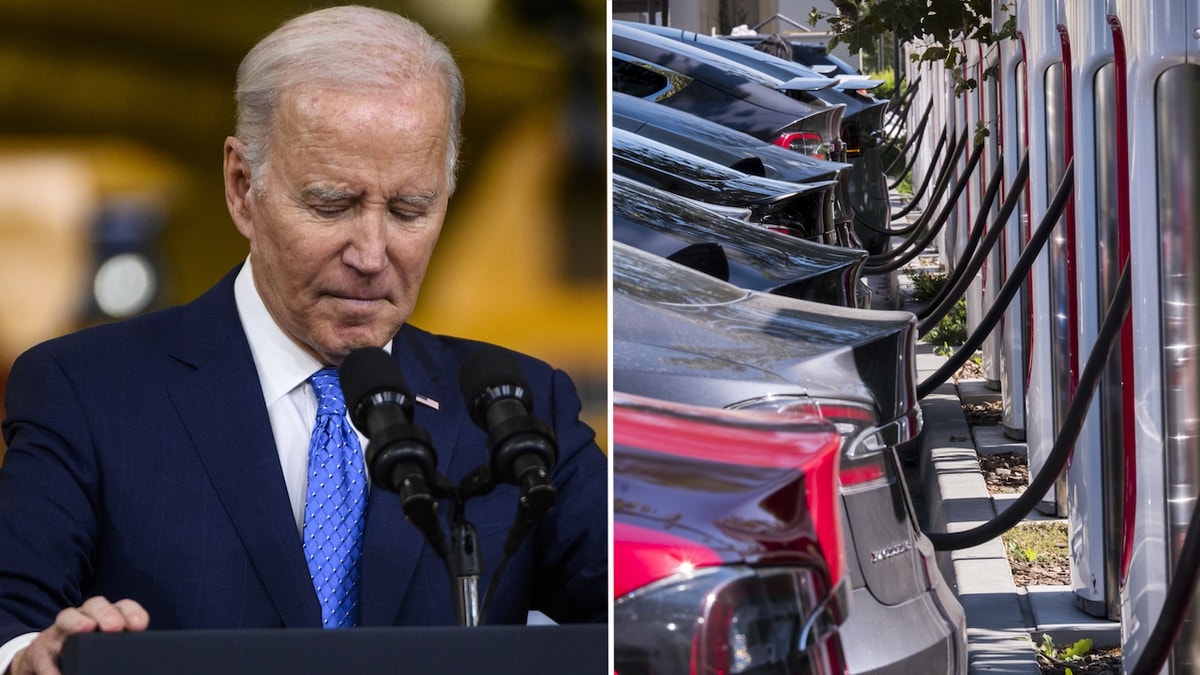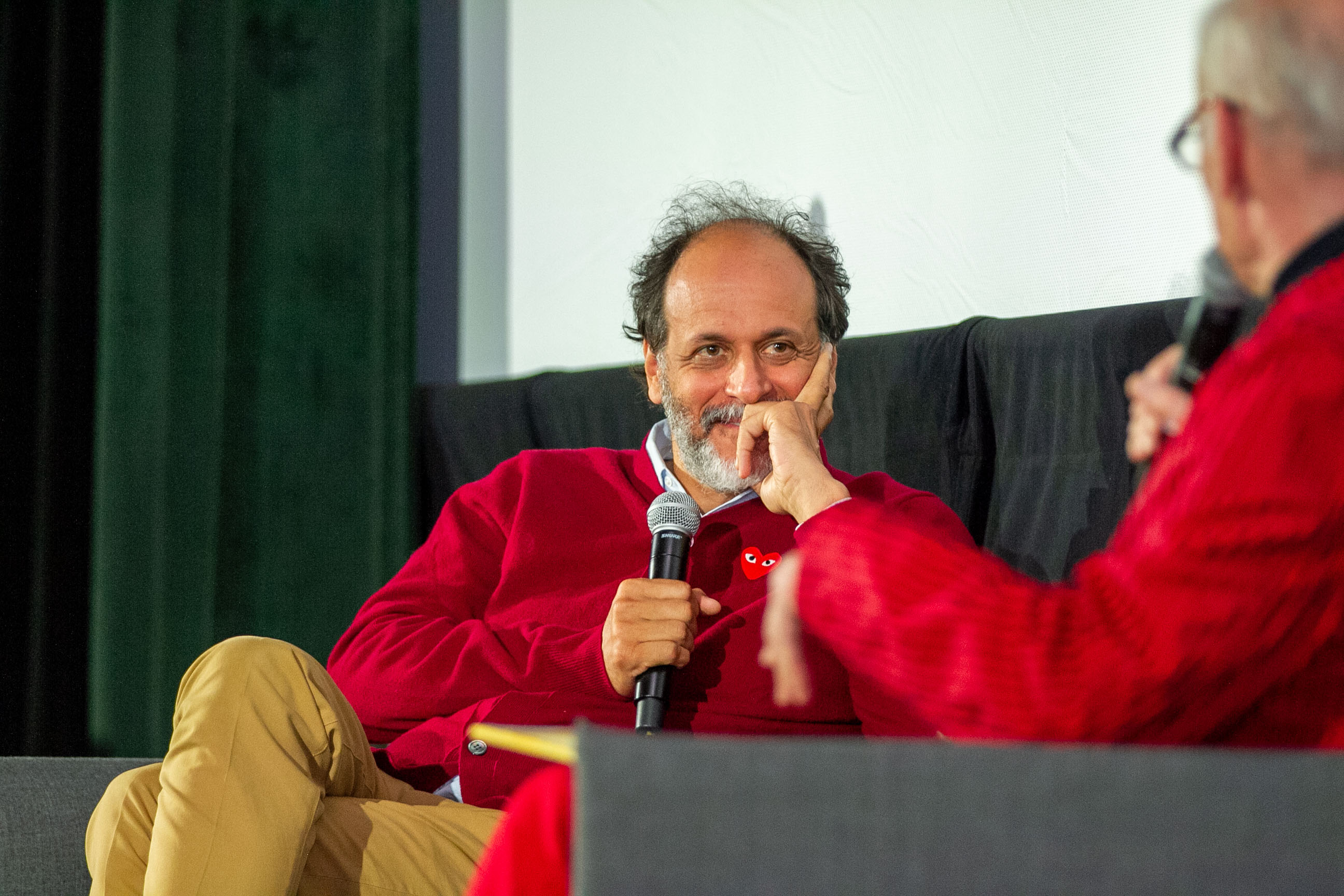WGA And SAG-AFTRA Strike: The Complete Guide To Hollywood's Production Shutdown

Table of Contents
The WGA Strike: Key Issues and Demands
The WGA strike, which began in May 2023, centers on several crucial issues threatening the livelihoods and creative freedom of writers.
Fair Wages and Residuals in the Streaming Era
The rise of streaming services has fundamentally altered the television and film landscape, but the compensation models haven't kept pace. Traditional residuals, payments writers received each time their work aired, are significantly diminished in the streaming world, leading to financial instability for many.
- Streaming services often pay a single upfront fee, regardless of viewership, drastically reducing writers' income compared to traditional network television.
- The success of a show on a streaming platform doesn't always translate into fair compensation for writers. A wildly popular show might generate billions in revenue for the platform, while writers receive minimal additional compensation beyond their initial fee.
- The WGA is demanding a fairer share of streaming revenue, ensuring writers receive a more equitable portion based on the success and viewership of their work.
Minimum Staffing and Working Conditions
The WGA also addresses concerns about inadequate staffing levels and grueling working conditions. Overworked writers are less productive and create lower-quality content.
- Reduced staff sizes lead to longer hours and increased pressure on writers. This affects the quality of scripts and overall creative output.
- The WGA is advocating for minimum staffing levels on productions, ensuring writers have adequate time and resources to produce high-quality work.
- Improved working conditions, including reasonable hours and fair treatment, are also key demands to ensure a sustainable and healthy work environment for writers.
AI's Impact on Writers' Work
The rapid advancement of Artificial Intelligence (AI) poses a significant threat to writers' livelihoods and creative control.
- AI writing tools are increasingly being used in the industry, raising concerns about job displacement and the erosion of creative authorship.
- The WGA is demanding safeguards to prevent the unauthorized use of AI in writing, ensuring human writers retain control and ownership of their work.
- The union wants clear guidelines on the ethical and responsible use of AI in screenwriting, protecting the jobs and creative input of human writers.
The SAG-AFTRA Strike: Actors' Fight for Fair Treatment
Joining the WGA on the picket lines, SAG-AFTRA's strike amplifies the call for fair treatment and improved working conditions within the entertainment industry.
Fair Wages and Residuals for Actors
Similar to writers, actors are facing challenges with compensation in the streaming era. Traditional payment structures are inadequate in the face of streaming services' massive profits.
- Streaming residuals are drastically lower than those offered in traditional television and film. Many actors receive minimal compensation despite their shows achieving enormous popularity.
- SAG-AFTRA is demanding a fairer share of streaming revenue to reflect the value actors bring to productions and the success these productions achieve.
- The union is fighting for transparency in compensation models, ensuring actors understand how their earnings are calculated and distributed.
Self-Tape Auditions and Streaming's Impact
The rise of self-tape auditions has created a system where actors frequently perform unpaid work, often incurring expenses on their own for equipment and space.
- Self-tape auditions are often mandatory, even for established actors, placing an unnecessary financial burden on them.
- SAG-AFTRA is demanding fair compensation for self-tape auditions and stricter regulations to protect actors from exploitation.
- The union is fighting for standards and regulations to ensure fair pay and appropriate working conditions for actors, regardless of the audition method.
The Use of AI and Digital Performance
The use of AI technology in film raises concerns about the potential for actors' likenesses and performances to be exploited without their consent or compensation.
- AI is being used to create digital versions of actors' performances, raising concerns about job security and ownership of their image.
- SAG-AFTRA is demanding strict regulations on the use of AI and digital performance to protect actors' rights and prevent unauthorized usage.
- The union is working to establish guidelines that ensure actors receive fair compensation and control over the use of their likeness and performances in AI-generated content.
The Impact of the Hollywood Strike
The combined WGA and SAG-AFTRA strike has created a significant ripple effect throughout Hollywood and beyond.
Economic Fallout on Hollywood and Beyond
The strike has had a considerable economic impact, affecting not only production companies but also countless individuals and businesses that depend on the industry.
- Thousands of crew members, caterers, and other support staff are out of work. This has a cascading effect on local economies dependent on film and television production.
- Businesses surrounding film studios and production locations are experiencing significant revenue losses. Hotels, restaurants, and other service industries are severely impacted.
- The overall economic impact is estimated in billions of dollars, highlighting the far-reaching consequences of the strike.
The Delay of Film and Television Projects
The strike has brought countless film and television projects to a complete standstill.
- Major studio productions, independent films, and streaming series are all on hold. Release dates are being pushed back indefinitely.
- The delay of projects affects not only actors and writers but also directors, producers, and other crew members. The ripple effect is immense.
- The impact on streaming services' release schedules is significant, disrupting viewing habits and impacting subscriber numbers.
The Potential for Long-Term Changes in the Industry
The outcome of this strike could lead to significant and lasting changes in the entertainment industry.
- New compensation models may emerge, ensuring writers and actors receive a fairer share of streaming revenue.
- Working conditions could be significantly improved, addressing concerns about long hours, inadequate staffing, and exploitation.
- Regulations on AI usage in film and television could shape the industry's approach to technology for years to come.
Conclusion
The WGA and SAG-AFTRA strikes represent a critical moment for the entertainment industry. The key demands for fair wages, residuals, improved working conditions, and protections against AI exploitation highlight systemic issues requiring urgent attention. The widespread economic impact underscores the importance of a fair and sustainable working environment for all involved. Stay updated on the WGA and SAG-AFTRA strike; learn more about the Hollywood production shutdown and follow the developments of the actors' and writers' strike to understand its potential to reshape the future of Hollywood and the entertainment industry.

Featured Posts
-
 Resistance Grows Car Dealerships Push Back On Ev Mandates
May 06, 2025
Resistance Grows Car Dealerships Push Back On Ev Mandates
May 06, 2025 -
 Povecan Uvoz Nafte U Hrvatsku Iz Azerbajdzana Je Li Rijec O Prerusenom Ruskom Ulju
May 06, 2025
Povecan Uvoz Nafte U Hrvatsku Iz Azerbajdzana Je Li Rijec O Prerusenom Ruskom Ulju
May 06, 2025 -
 Cumhurbaskani Erdogan In Azerbaycan Ziyareti Aliyev Ile Oenemli Goeruesmeler
May 06, 2025
Cumhurbaskani Erdogan In Azerbaycan Ziyareti Aliyev Ile Oenemli Goeruesmeler
May 06, 2025 -
 New York Romance Robert Pattinson And Suki Waterhouse Spotted Amidst The Batman 2 Buzz
May 06, 2025
New York Romance Robert Pattinson And Suki Waterhouse Spotted Amidst The Batman 2 Buzz
May 06, 2025 -
 Luca Guadagnino Casts Patrick Schwarzenegger In Lead Role
May 06, 2025
Luca Guadagnino Casts Patrick Schwarzenegger In Lead Role
May 06, 2025
